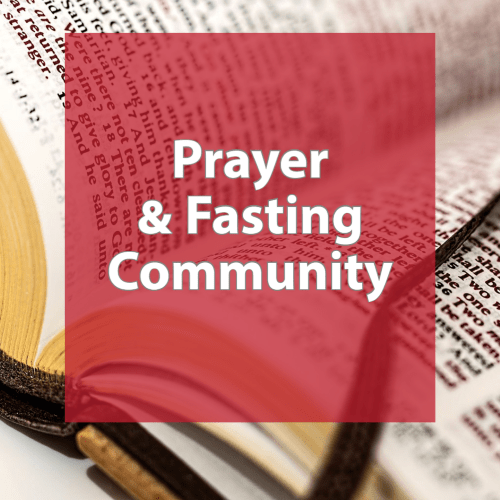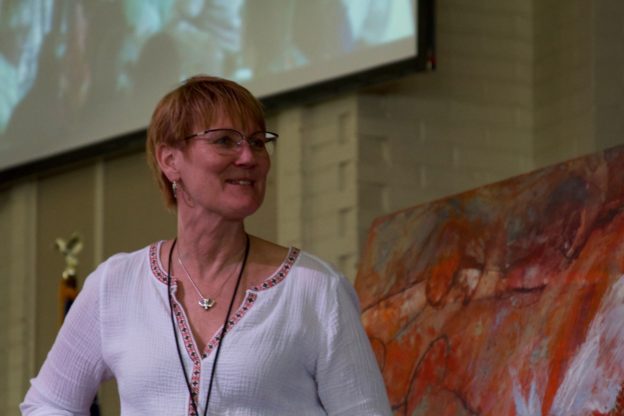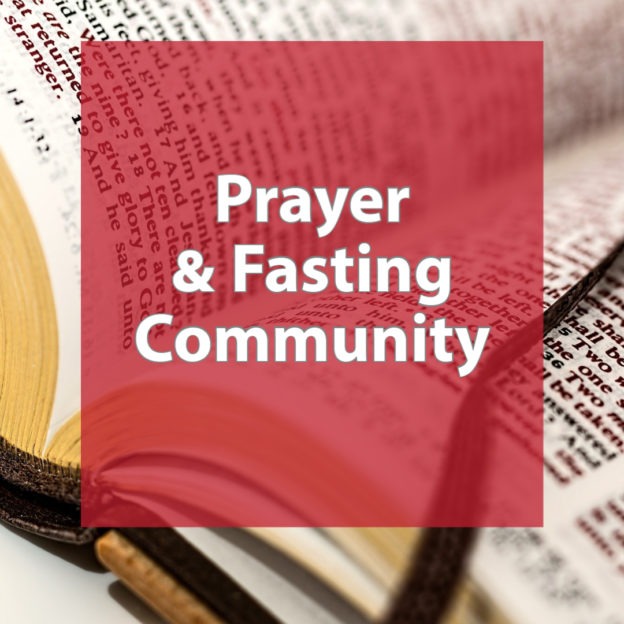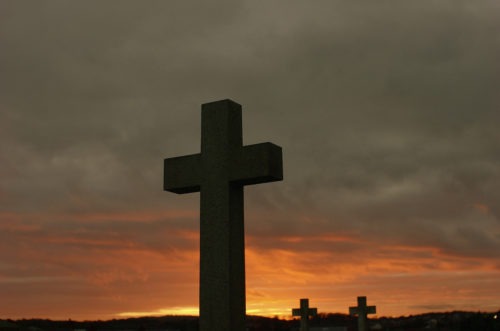There’s a readiness exercise in tennis where players face the coach and run in place on the balls of their feet. They watch for the coach’s signal to move either to the left or to the right, forward or back. Until the coach gives the sign, the athletes hold in readiness. The ability to hold yourself in readiness is essential in tennis. There’s a big difference between being on the balls of your feet and sitting back on your heels – it can mean the difference between points won or lost.
Holding yourself in readiness is a crucial part of playing tennis, and it’s a crucial part of following Jesus. We all need a heart that holds itself in readiness. A church volunteer I encountered recently described himself as ‘that donkey tied to a tree in Jerusalem, just waiting for Lord to have need of him.’ That guy gets it. He knows how to hold himself in readiness.
That’s what the first followers of Jesus were doing when the Holy Spirit showed up on Pentecost. They were holding themselves in readiness. Jesus had appeared to many of them in the 40 days since the crucifixion. They were confident he was alive. When he would appear, he would even continue to teach them about the Kingdom of God. And toward the end of this time, Jesus made some major promises. But then he had left them, disappearing into the sky.
So, after all they had experienced, these faithful people were left to wait.
The good news is they weren’t sitting back on their heels while they waited. They were holding their hearts in readiness. They met together for prayer and to study the Scriptures. They realized that they needed to replace Judas, recognizing that whoever was chosen would join them as a witness of Jesus’ resurrection. (Acts 1.22)
They knew something was up. They didn’t know exactly what, but they knew that Jesus had promised to send his Holy Spirit, so they needed to be ready.
Thank goodness they were because on that Pentecost day, while they were meeting together – holding themselves in readiness – the Holy Spirit burst on the scene with the sound of a roaring windstorm and flaming tongues of fire.
Holding yourself in readiness is all about focus. You can’t be facing inward and be ready. You’ve got to be facing outward. You can’t be worried about your own desires and preferences and be ready. You’ve got to be concerned with what’s going on beyond yourself.
The first followers of Jesus could have looked inward. They could have thanked God for the blessing of encountering the risen Christ, savoring those experiences and tucking them into the privacy of their hearts. They could have just gone back to the comfort of their lives, trusting that someday Jesus would return just as the two white-robed men who appeared to them after Jesus had ascended promised he would.
But they didn’t. They held themselves in readiness. Facing outward. Preparing for the time when they would be called upon to tell their story to others. And anticipating that God would dwell within them, giving them the power they needed to become his witnesses.
The ability to hold yourself in readiness. Important in tennis. Crucial in following Jesus.
Are you holding yourself in readiness? Are you facing outward, anticipating a time when someone may need to hear the story that only you can tell?
As we approach the celebration of Pentecost, I pray you will hold yourself in readiness. Up on the balls of your feet. Ready to be the witness God calls each of us to be.





